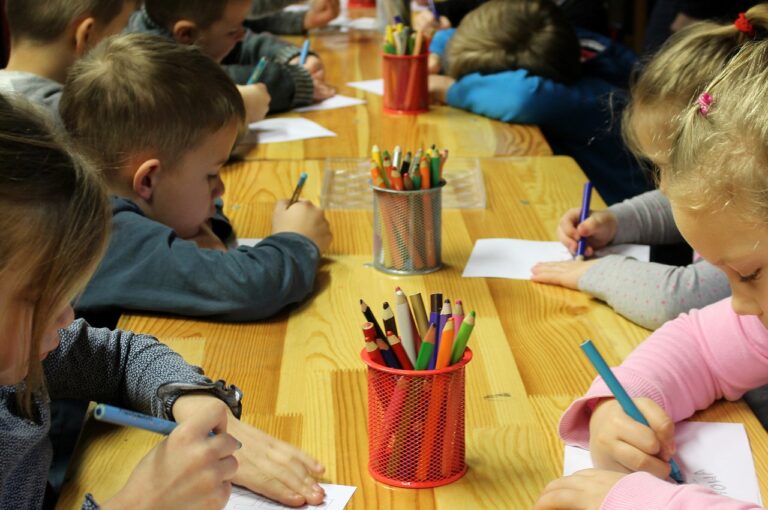The Future of Educational Robotics Competitions
Engaging in robotics competitions can be an exhilarating and rewarding experience for students, but it also comes with its fair share of challenges. One common obstacle that students face is the complexity of the tasks assigned to them. To excel in these competitions, students are required to design, build, and program robots to navigate intricate mazes, perform precise tasks, and solve complex problems, all within a limited time frame.
Another challenge that students encounter in robotics competitions is the need for effective teamwork and communication skills. Collaboration is a key component of success in these events, as students must work together seamlessly to strategize, delegate tasks, troubleshoot technical issues, and adapt to unforeseen circumstances. Developing strong interpersonal skills and the ability to communicate clearly and constructively with teammates are essential for overcoming this challenge and achieving optimal performance in robotics competitions.
Impact of Robotics Competitions on STEM Education
Robotics competitions play a crucial role in enhancing STEM education by providing students with hands-on experience in applying scientific and mathematical concepts in real-world scenarios. These competitions not only cultivate an interest in robotics but also promote creativity, critical thinking, and problem-solving skills among participants. Students are encouraged to collaborate, communicate, and think innovatively to design and build robots that can complete complex tasks, fostering a multidisciplinary approach to learning within the STEM fields.
Moreover, robotics competitions help students develop important soft skills such as teamwork, perseverance, and time management. By working together in teams, students learn to leverage each other’s strengths and overcome challenges collectively. The competitive nature of these events motivates students to push their boundaries, experiment with new ideas, and continuously strive for improvement. As a result, participants not only gain technical knowledge but also acquire valuable skills that are essential for success in future academic and professional pursuits.
Robotics competitions provide hands-on experience in applying scientific and mathematical concepts
Cultivate interest in robotics and promote creativity, critical thinking, and problem-solving skills
Encourage collaboration, communication, and innovative thinking
Foster a multidisciplinary approach to learning within STEM fields
Develop important soft skills such as teamwork, perseverance, and time management
Learn to leverage strengths of team members and overcome challenges collectively
Motivate students to push boundaries, experiment with new ideas, and strive for improvement
Gain technical knowledge along with valuable skills essential for future success
Incorporating Artificial Intelligence in Educational Robotics Competitions
Artificial intelligence (AI) has revolutionized the field of robotics and is now being integrated into educational robotics competitions. By incorporating AI into these competitions, students are exposed to advanced technological concepts and are challenged to think innovatively. This not only enhances their technical skills but also fosters creativity and problem-solving abilities.
One key benefit of incorporating AI in educational robotics competitions is the development of real-world application skills. Students not only learn theoretical knowledge but also gain practical experience in building intelligent robotic systems. This hands-on approach helps them understand the intricacies of AI technology and prepares them for future careers in STEM fields.
What are some of the challenges faced by students in robotics competitions?
Some of the challenges faced by students in robotics competitions include programming errors, mechanical malfunctions, time constraints, and the need for creative problem-solving skills.
How does participating in robotics competitions impact STEM education?
Participating in robotics competitions can help students develop a strong foundation in STEM subjects by providing hands-on experience with technology, engineering, and math concepts. It also fosters teamwork, critical thinking, and problem-solving skills.
How can artificial intelligence be incorporated into educational robotics competitions?
Artificial intelligence can be incorporated into educational robotics competitions by allowing students to program their robots to make decisions autonomously, analyze data in real-time, and adapt to changing environments. This helps students develop a deeper understanding of AI concepts and applications.





